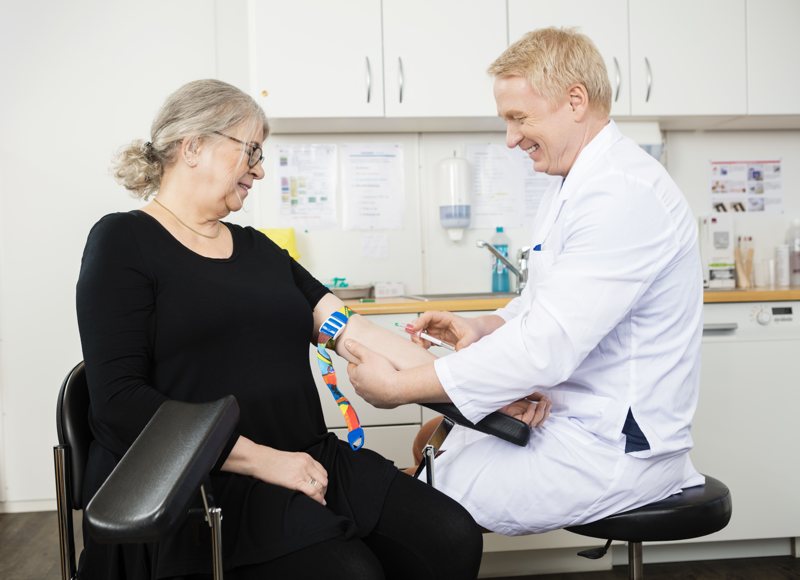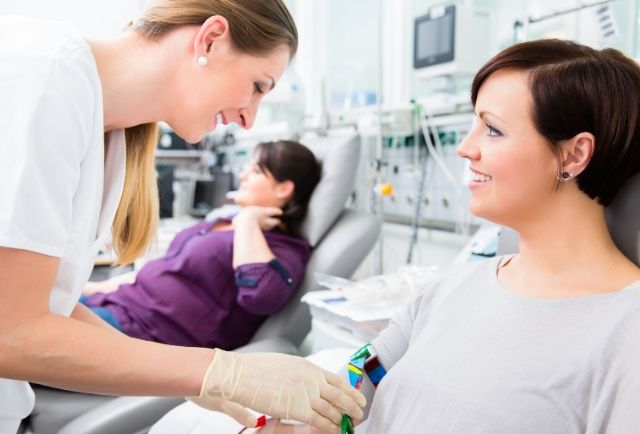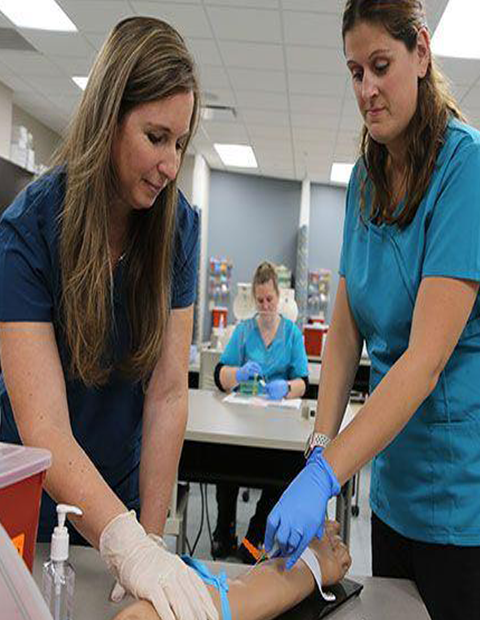Premier Northeast Medical Institute Phlebotomy Training Stamford: Hands-On Learning Experience
Premier Northeast Medical Institute Phlebotomy Training Stamford: Hands-On Learning Experience
Blog Article
Vital Factors to Consider When Picking one of the most Suitable Medical College Educational Program for You
Choosing the most fitting medical school educational program is an essential decision that can substantially affect your educational trip and future job course. As aiming medical specialists, the option of curriculum need to line up with your individual discovering style and occupation ambitions.
Personal Understanding Style

Medical colleges that provide varied teaching techniques and resources can suit various finding out styles, promoting a comprehensive and dynamic academic environment. Inevitably, understanding individual learning preferences encourages students to make educated choices regarding their clinical education and learning, setting a solid structure for their future jobs in healthcare.
Occupation Purposes Alignment

Additionally, aligning career purposes with the clinical institution curriculum can also boost inspiration and interaction throughout the educational journey. When trainees see the direct significance of their coursework to their future profession, they are most likely to stay focused and dedicated to their research studies. As a result, when choosing a clinical school educational program, it is vital to very carefully consider just how well it straightens with one's occupation objectives to make certain a successful and meeting professional course.
Mentor Techniques
Thinking about the placement of profession purposes with the selected medical college educational program, an evaluation of the training approaches employed ends up being essential fit the finding out experience. The effectiveness of a clinical institution curriculum greatly counts on the training methodologies used by the establishment. Various mentor approaches, such as talks, small team conversations, problem-based learning, simulation-based training, and hands-on scientific experience, can dramatically impact exactly how well trainees keep and grasp information.
Simulation-based training allows trainees to practice medical skills in a controlled setting prior to connecting with genuine individuals. Hands-on medical experience provides a direct understanding of patient care and clinical methods.
When choosing a medical college educational program, striving students need to consider the teaching techniques utilized to guarantee that their learning choices and staminas align with the instructional technique of the institution.
Curriculum Adaptability
When evaluating clinical institution programs, assessing the degree of curriculum adaptability is necessary for prospective pupils seeking a tailored instructional experience. Curriculum flexibility describes the degree to which students can personalize their understanding courses within the medical institution curriculum. A curriculum that offers versatility permits trainees to seek their interests, concentrate on areas where they require much more assistance, and participate in finding out experiences that align with their occupation objectives.

Prospective clinical pupils should think about just how a medical college's educational program flexibility lines up with their understanding choices, career goals, and individual objectives. By site link picking a program that offers the best equilibrium of structure and flexibility, trainees can enhance their instructional experience and prepare themselves for effective careers in medicine.
Clinical Exposure Opportunities
Exploring the useful application of medical knowledge, clinical direct read the full info here exposure possibilities play a critical duty fit an extensive medical education and learning. These chances offer trainees with indispensable hands-on experience in real medical care setups, allowing them to link the space between concept and method. When considering clinical institution curricula, the top quality and quantity of clinical direct exposure should be carefully reviewed.
Efficient medical direct exposure ought to supply a varied range of experiences throughout various specializeds, making sure that students are subjected to different clinical scenarios and individual demographics. Exposure to outpatient facilities, inpatient wards, surgical cinemas, and emergency divisions can help pupils develop a well-shaped understanding of various facets of health care distribution. Furthermore, opportunities for community-based care and communications with underserved populations can promote a deeper admiration for the social components of health.
Moreover, the presence of helpful professors and advisors during these scientific experiences can significantly improve the discovering procedure. Faculty guidance and useful feedback can aid pupils review their clinical encounters, recognize areas for enhancement, and improve their clinical skills and decision-making capabilities (Northeast Medical Institute CNA Classes Near me Stamford). In general, durable scientific direct exposure opportunities are important for preparing future doctors to deliver high quality client treatment efficiently
Final Thought
To conclude, when picking a clinical college educational program, it is essential to consider your personal knowing style, alignment with career objectives, teaching methods, curriculum versatility, and medical exposure opportunities. These factors play a vital function in figuring out one of the most appropriate program for your academic and expert advancement. Make certain to completely assess each aspect to make an informed choice that will certainly best support your growth in the clinical area.
Comprehending one's personal learning look these up design is vital when choosing a medical school educational program. By determining one's finding out design early on, striving medical pupils can tactically choose an educational program that caters to their strengths, inevitably improving their learning experience and scholastic success.
When examining medical college programs, evaluating the level of curriculum flexibility is crucial for potential students seeking a tailored educational experience. Curriculum flexibility refers to the degree to which pupils can customize their learning paths within the clinical institution educational program.In final thought, when picking a medical college curriculum, it is crucial to consider your personal understanding style, positioning with career goals, educating approaches, educational program flexibility, and medical direct exposure chances.
Report this page